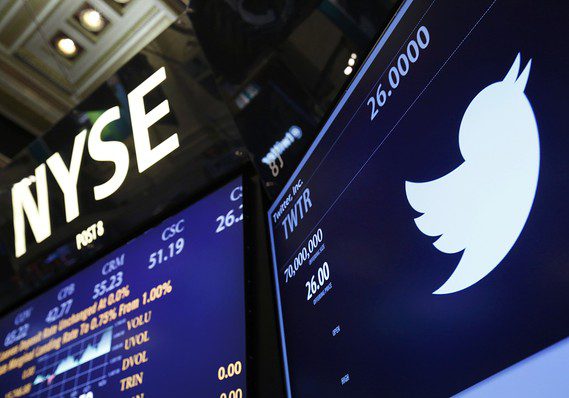
Shares of social media giant Twitter have soared nearly 30% since early trading on Monday as Tesla CEO Elon Musk revealed that he had taken a 9.2% stake in the company. Musk’s Twitter shares are worth almost $3 billion, and several times more than founder Jack Dorsey’s, who has a 2.25% stake in the company. This makes Musk, whose frequent activity on the platform can occasionally move the stock and cryptocurrency markets, the largest Twitter shareholder. While Musk’s stake was initially disclosed as a passive investment (through a 13G filing with the SEC), it was revealed mere days later that Musk planned to take on a more active role in the company, and has become a member of its board of directors. Musk is an avid Twitter user with over 80 million followers and has, in the past, criticised the platform for its free speech policy.
Britain to Mint its Own NFTs
As an increasing number of countries step up their regulation of cryptocurrencies, the UK is looking to mint its own Non-Fungible Token (NFT) as it looks to “lead the way” with digital assets. Finance minister Rishi Sunak has asked the Royal Mint, which mints coins for the UK, to create an NFT. The NFT initiative comes as part of the UK’s plans to address much of the regulatory uncertainty regarding crypto, including bringing stablecoins like the USDT into the UK’s existing digital payment framework; detailing the taxation on crypto-based capital gains; and exploring the legality of Decentralised Autonomous Organisations.
A Fertilizer Shortage is the Latest Fuel to Rampant Inflation
An ongoing fertilizer shortage caused by the war in Ukraine has prompted worries about rapidly rising global food prices and scarcity. Russia, Ukraine, and Belarus (a close partner of Russia) all produce significant portions of the world’s common fertilizers, including potash, urea, and ammonium nitrate. Due to sanctions and supply train disruptions, fertilizer prices have skyrocketed. Add this on to the fact that both Russia and Ukraine are major suppliers of wheat, and things are not looking good for global food prices. Meanwhile, China is also preparing itself for the coming effects of the shortage. While the country is largely self-sufficient when it comes to agricultural produce, it relies heavily on Eastern Europe for its supplies of fertilizers.



